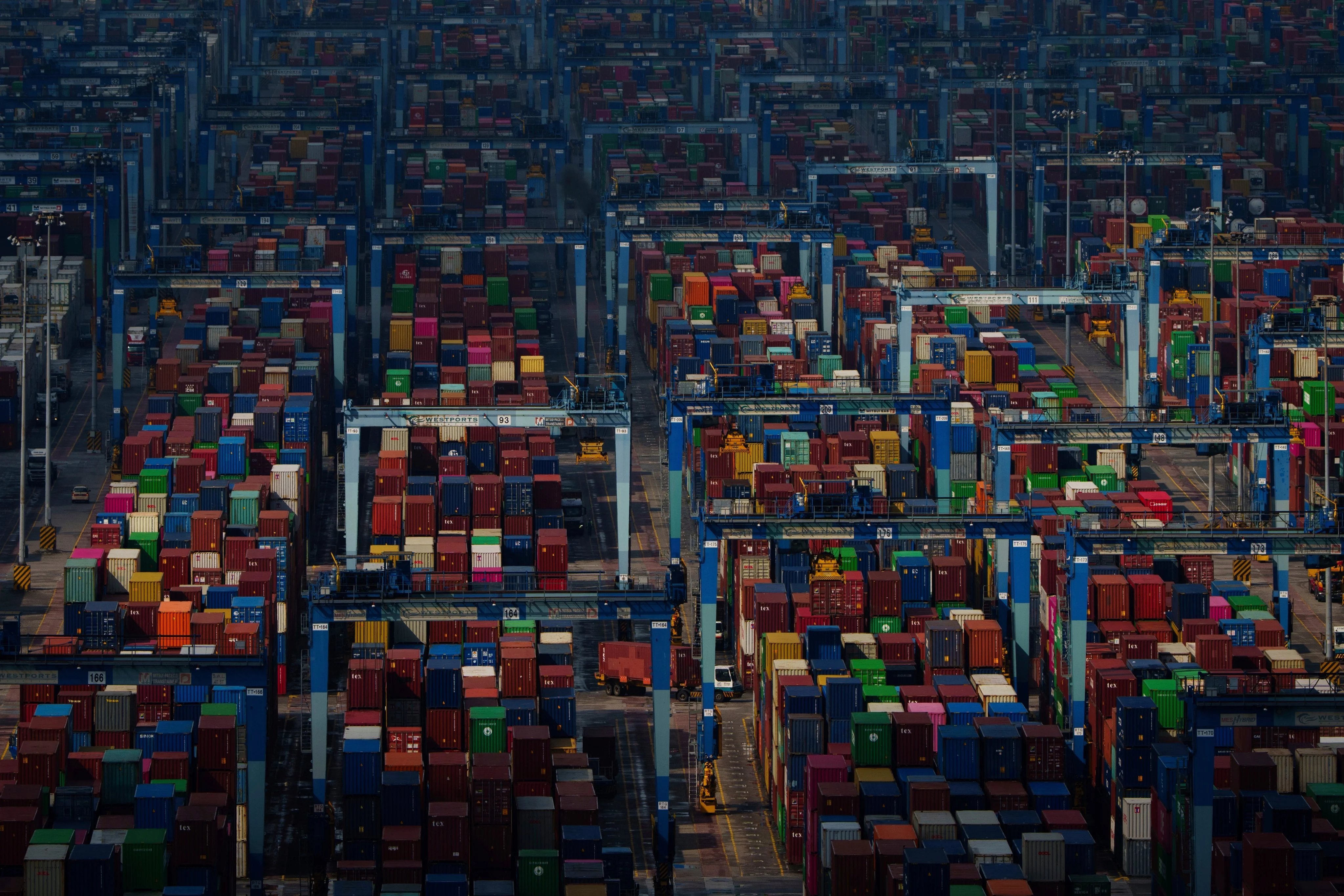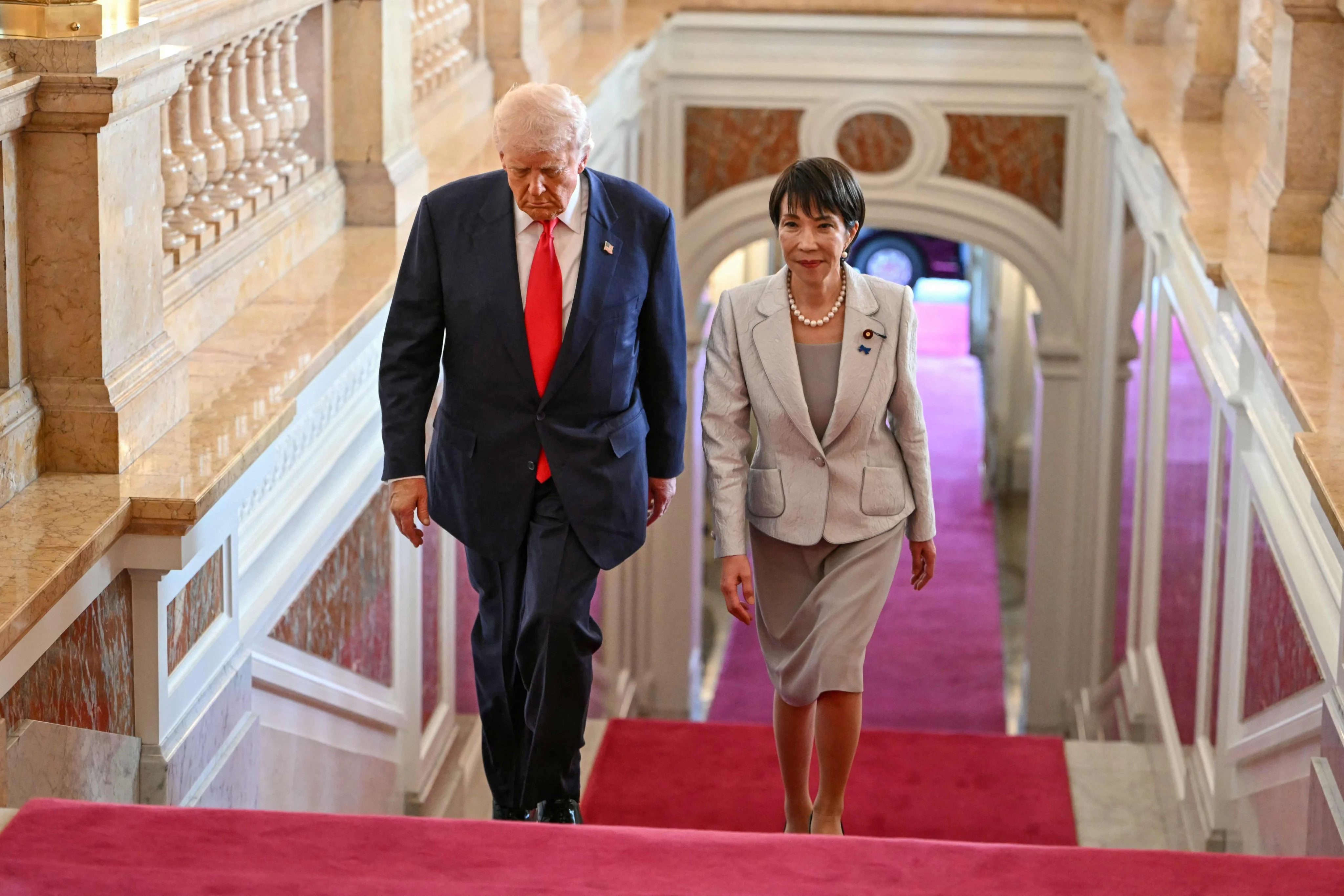Copyright islandsbusiness

THE Asian Development Bank (ADB) is shifting from traditional financing to mobilising trillions in private-sector investment to drive inclusive, sustainable growth across Asia and the Pacific. ADB committed over $23.6 billion in development financing in 2023, including $9.8 billion for climate action, and aims to mobilise $13.1 billion annually in private-sector investments by 2030. The 2025-2030 Private Sector Development shift integrates policy reform, advisory services, and investments to unlock private sector-led solutions. “ADB’s role as a convener and partner, working with governments and businesses to create bankable projects and inclusive outcomes,” said Saud Minam, Private Sector Development Specialist, Private Sector Development Initiative, Asian Development Bank. “This approach targets moving development finance from billions to trillions, reflecting a strategic shift to leverage private capital more effectively. “The strategy addresses critical challenges like climate change, infrastructure gaps, and digital transformation, with private sector involvement central to success.” ADB’s private sector efforts focus heavily on the Pacific region, where unique challenges include geographic isolation and climate vulnerability, as well as untapped economic potential. In 2024, over 1100 participants engaged through Pacific Business Outreach, with simplified procurement and certification programs, such as Build for Skills, expanding local firm capabilities. He said,” Regional platforms like the Pacific Islands Investment Forum explore new financing models such as blended finance and green bonds to attract private capital.” “Supporting legal and institutional reforms in Pacific governments is key to creating a sustainable and inclusive investment environment.” These combined efforts aim to foster private sector growth as a critical component of regional development and resilience. ADB launched the Wayfinder program to address private sector challenges in frontier markets, providing tailored financing and risk-sharing to support early-stage and underserved businesses. Wayfinder offers up to $10 million in facilities with de-risking mechanisms that cover up to 50% of first-time credit losses, enabling banks to take on higher-risk private-sector investments in the Pacific, including Fiji. The program complements sovereign projects by enabling blended finance and supporting climate-adapted businesses and infrastructure resilience. It facilitates knowledge transfer by connecting local firms with global best practices and international investors. Wayfinder targets businesses lacking equity and those struggling to access traditional finance, addressing market failures in frontier contexts. The program’s tailored financing is designed to unlock private investment where conventional markets hesitate, stimulating economic growth. According to Minam, Wayfinder builds on long-standing ADB-Pacific partnerships, supported by Australia’s government and DFAT, with a track record of over 600 subprojects and $60 million in funding across 14 Pacific countries since 2007. “Core focus areas include access to finance, business law reform, SOE reforms, competition policy, women’s economic empowerment, and sustainable tourism. “These reforms enhance formalisation, credit access, and entrepreneurship, especially among women and youth, strengthening the private sector ecosystem. “The program’s longevity and multi-area approach provide a foundation for sustainable economic transformation in the Pacific.” Such initiatives contribute to building resilient institutions and to inclusive private-sector growth aligned with local needs. Fiji exemplifies both the challenges and opportunities of private sector development in the Pacific, with ADB playing a significant role in sovereign and private investments supporting national priorities. ADB has committed over $1.2 billion to Fiji since 1970, including $190 million in sovereign loans and $14.5 million in grants approved in 2024 alone. “Recent projects include a $199.5 million climate-resilient bridges program and $386 million in infrastructure improvements, such as roads, jetties, and water systems.” These investments align with Fiji’s national development plan, focusing on public sector reform, climate-resilient transport, urban water, coastal protection, and healthcare upgrades. “On the private side, ADB supports Merchant Finance Limited’s SME finance program targeting women-owned businesses within a $3-4 billion facility,’’ Minam said. “Frontier and Wayfinder programs back early-stage companies in FinTech, Agritech, and climate-smart sectors, unlocking new growth opportunities.’’. The strategic focus on Fiji’s private sector aims to catalyse inclusive economic growth by bridging financing gaps and supporting innovation in high-impact sectors. This approach supports emerging businesses that drive sector diversification and build climate resilience. Minam stressed openness to private companies and government partners to scale infrastructure and private sector engagement across Fiji and the Pacific. The emphasis on local capacity and blended finance mechanisms aims to strengthen the foundations of sustainable development amid regional challenges. This commitment signals a long-term vision of Fiji as a hub for resilient and inclusive private sector-led growth.”



